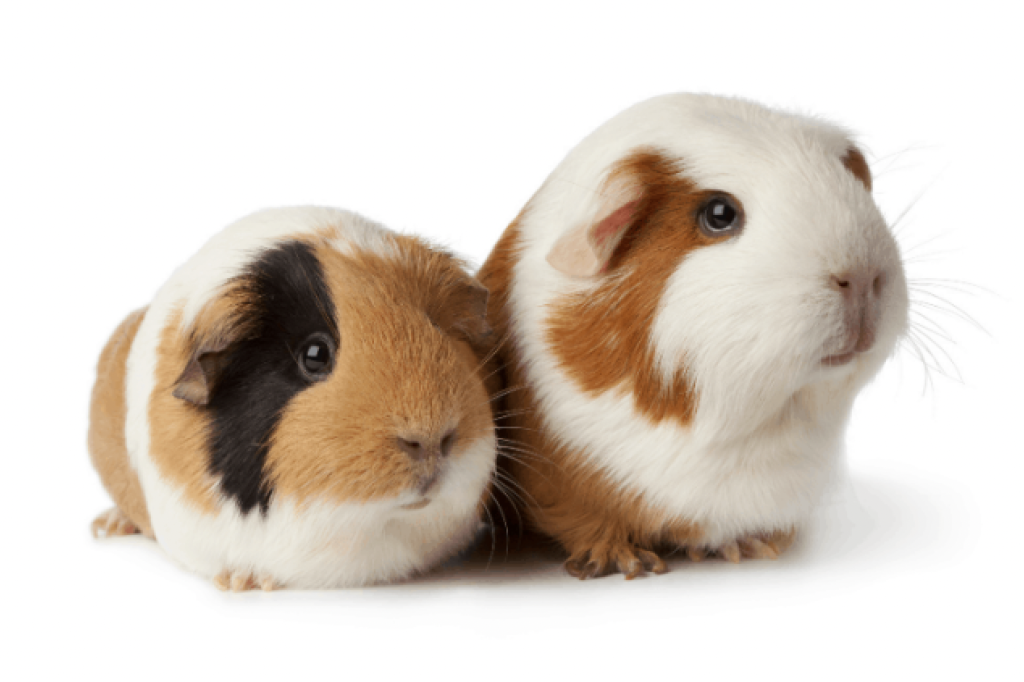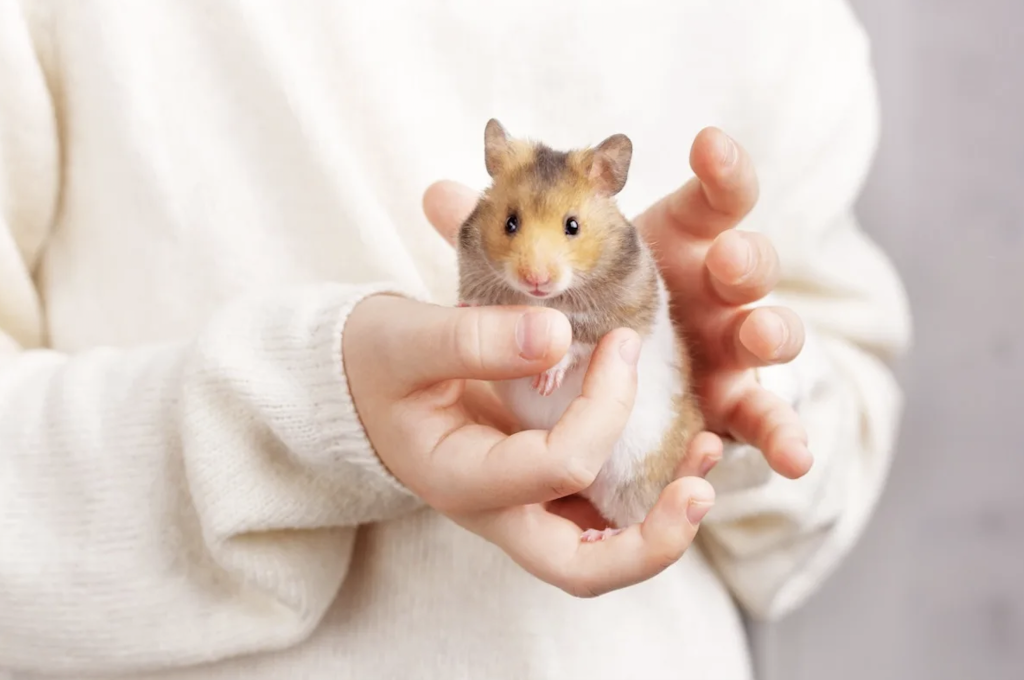Breeding guinea pigs can be a rewarding experience for pet owners, but it is important to understand the responsibilities that come with it. Guinea pigs reach sexual maturity as early as four weeks of age and can breed throughout their lifespan, so it is essential to understand the breeding process, the care required for pregnant guinea pigs, and the responsibilities of caring for baby guinea pigs.

The Breeding Process
Before breeding guinea pigs, it is essential to ensure that they are healthy and free from genetic disorders. Guinea pigs should be at least six months old before breeding, and it is advisable to have a veterinary check-up before attempting to breed them.
The breeding process begins by introducing a male and female guinea pig to each other. It is best to do this in a neutral area, such as a clean cage or playpen, as this can reduce aggressive behavior. Breeding should take place when the female is in heat, which can be determined by her behavior, such as increased vocalization, restlessness, and raising of the hindquarters.
The mating process is quick, lasting only a few seconds, but the male may mount the female several times during the breeding process. After breeding, the female may show signs of aggression towards the male, and it is best to separate them at this point.
Pregnancy and Care for Pregnant Guinea Pigs
Pregnancy in guinea pigs lasts approximately 63-70 days, and during this time, it is essential to provide the pregnant guinea pig with special care and attention. Pregnant guinea pigs should be fed a high-quality diet that is rich in vitamin C and calcium, as these are essential nutrients for fetal development.
It is also important to ensure that the pregnant guinea pig has a clean and comfortable living environment, with plenty of space to move around. It is advisable to provide nesting materials, such as hay, to allow the pregnant guinea pig to create a nest for her babies.
During the pregnancy, it is also important to monitor the pregnant guinea pig’s weight and health. Any signs of illness or discomfort should be reported to a veterinarian immediately.

Caring for Baby Guinea Pigs
Once the babies are born, it is crucial to ensure that they receive adequate nutrition, warmth, and socialization. Baby guinea pigs are called “pups” and are born fully furred, with their eyes open. They are able to walk and eat solid food within hours of birth, but they still rely on their mother’s milk for the first few weeks of life.
It is essential to monitor the pups’ weight gain, as any changes in weight or feeding behavior can be a sign of illness or inadequate nutrition. Pups should be kept warm, and their living environment should be clean and free from drafts.
Socialization is also important for baby guinea pigs, as they are highly social animals and require regular interaction with their siblings and humans. It is essential to handle the pups gently and frequently to promote socialization and trust.

Breeding guinea pigs can be a rewarding experience for pet owners, but it is essential to understand the responsibilities that come with it. It is important to ensure that the guinea pigs are healthy and free from genetic disorders before breeding, and to provide special care for pregnant guinea pigs and their babies. Pet owners should be prepared to provide adequate nutrition, warmth, and socialization for the pups, as well as to find homes for them once they are weaned. By understanding the breeding process and the responsibilities that come with it, pet owners can ensure that their guinea pigs enjoy a healthy and happy life.